Power outages are a common inconvenience that can happen for various reasons, including natural disasters, technical failures, or planned maintenance. When a power outage occurs, homeowners may face various problems, from spoiled food to damaged electronics and potential structural issues. This raises an important question: Is power outage damage covered by home insurance? Understanding the coverage provided by home insurance policies is essential for homeowners to protect their property and belongings adequately. This article delves into the specifics of how home insurance handles power outages and what homeowners can do to ensure they are adequately covered.
Understanding Home Insurance Policies
Home insurance is designed to protect homeowners from financial losses due to damage to their property, personal belongings, and liability for accidents that might occur on their property. Typically, a standard home insurance policy covers the following:
- Dwelling Coverage: Protects the physical structure of the home.
- Personal Property Coverage: Covers personal belongings inside the home.
- Liability Coverage: Provides protection against legal responsibility for injuries or property damage.
- Additional Living Expenses (ALE): Covers additional costs if the home is uninhabitable due to a covered event.
However, the specifics of coverage can vary widely depending on the policy, the insurance company, and any additional riders or endorsements that have been added.
Power Outages and Home Insurance: The Basics
Power outages themselves are not typically listed as a covered peril in most standard home insurance policies. This means that if there is a power outage and no physical damage is caused to the home or belongings, the policyholder may not have grounds to file a claim. However, the cause of the power outage and the resulting damages play a crucial role in determining coverage.
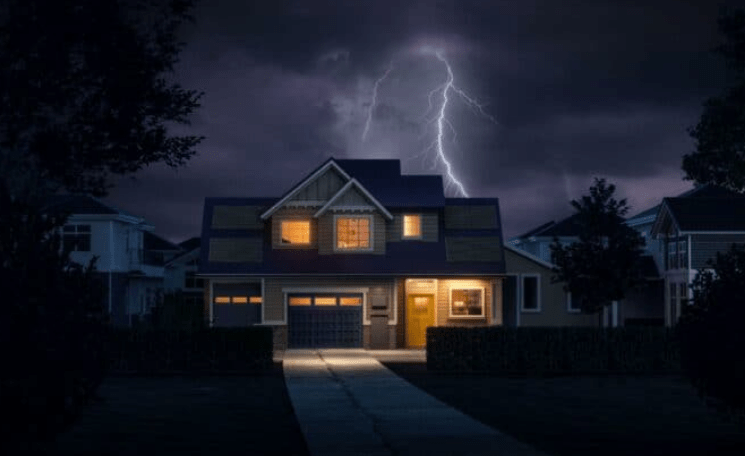
1. Cause of the Power Outage:
- Natural Disasters: If the power outage is caused by a covered peril, such as a storm, hurricane, or lightning strike, and it results in physical damage to the home or personal property, then the damages may be covered. For instance, if a lightning strike causes a power surge that damages appliances or electronics, the home insurance policy might cover the repair or replacement of those items.
- Non-Covered Perils: If the power outage is caused by a non-covered event, such as general maintenance by the power company or an issue originating off the homeowner’s property, the insurance may not cover the resulting damages. For example, if a power outage is due to a widespread utility failure that does not cause direct damage to the home, coverage is less likely.
2. Resulting Damages:
- Spoiled Food: Many home insurance policies offer limited coverage for food spoilage due to a power outage, especially if the outage is caused by a covered peril. Homeowners should check the specific limits and conditions of their policies, as coverage for food spoilage is often capped at a certain amount (e.g., $500) and may require a deductible.
- Damaged Electronics and Appliances: If a power surge or outage caused by a covered event damages electronics or appliances, these items may be covered under the personal property section of the home insurance policy. Homeowners should ensure they have documentation and receipts for high-value items, as this can facilitate the claims process.
- Water Damage: In some cases, a power outage can lead to water damage, such as when sump pumps fail and basements flood. If the power outage was due to a covered peril and leads to water damage, this may be covered under the home insurance policy.
Additional Coverages and Endorsements
To enhance their protection, homeowners can consider adding additional coverages or endorsements to their existing home insurance policies. These can provide broader coverage for power outage-related damages:
1. Equipment Breakdown Coverage: This endorsement covers the repair or replacement of major home systems and appliances, such as HVAC systems, refrigerators, and home security systems, that are damaged due to mechanical or electrical failure. This can be particularly valuable in covering damages from power surges caused by outages.
2. Utility Service Interruption Coverage: This endorsement specifically addresses losses due to the interruption of utility services, such as electricity, water, or gas. Coverage might include damage to personal property, additional living expenses if the home is uninhabitable, and other related losses. It is important to note that this coverage typically applies only if the service interruption is caused by a covered peril.
3. Additional Living Expenses (ALE): If a power outage results in the home becoming uninhabitable, ALE coverage can help cover the cost of temporary accommodations, meals, and other related expenses. This coverage usually kicks in when the power outage is due to a covered peril and makes the home unsafe or uncomfortable to live in.
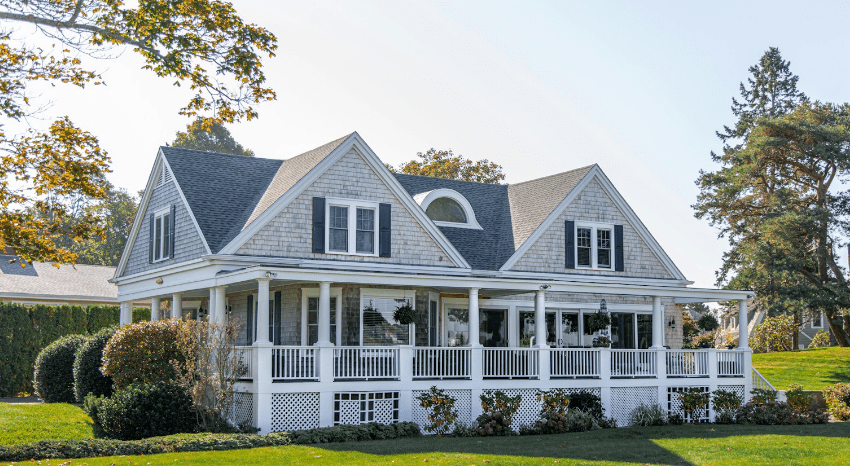
Steps to Take After a Power Outage
If homeowners experience a power outage, especially one that causes damage, there are several steps they can take to facilitate the claims process and minimize losses:
- Document the Damage: Take photos and videos of any damage caused by the power outage. This includes spoiled food, damaged electronics, and any structural damage to the home.
- Keep Receipts: If the power outage requires homeowners to purchase alternative lodging, meals, or replace spoiled food, they should keep all receipts. These can be crucial for filing a claim under additional living expenses coverage.
- Contact the Insurance Company: Notify the insurance company of the power outage and any resulting damage as soon as possible. They can provide guidance on filing a claim and inform homeowners of any specific requirements or documentation needed.
- Prevent Further Damage: Take steps to prevent further damage to the home or belongings. This might include unplugging electronics to prevent power surges when the power is restored or using a generator safely to keep essential systems running.
What Homeowners Can Do to Prepare
Preparation is key to minimizing the impact of power outages and ensuring adequate coverage. Homeowners can take several proactive steps to protect their homes and belongings:
1. Review the Home Insurance Policy: Homeowners should regularly review their home insurance policy to understand what is covered and what is not. If the policy does not provide sufficient coverage for power outage-related damages, they can discuss options with their insurance agent, such as adding endorsements.
2. Invest in Surge Protectors: Using surge protectors for electronics and appliances can help prevent damage from power surges caused by outages.
3. Consider a Generator: Having a backup generator can keep essential systems running during a power outage, reducing the risk of damage and inconvenience.
4. Maintain an Inventory of Personal Belongings: Keeping an up-to-date inventory of personal belongings, including photos and receipts, can help expedite the claims process if items are damaged during a power outage.
Conclusion
Power outages can lead to various challenges for homeowners, from minor inconveniences to significant property damage. While standard home insurance policies may not cover every aspect of a power outage, understanding the coverage provided and taking proactive steps can help mitigate the impact. By reviewing their policies, considering additional endorsements, and preparing for potential outages, homeowners can ensure they have the protection they need to safeguard their property and belongings. As with any insurance matter, clear communication with an insurance provider is crucial to understanding coverage and making informed decisions.





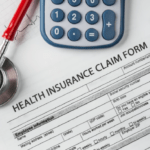
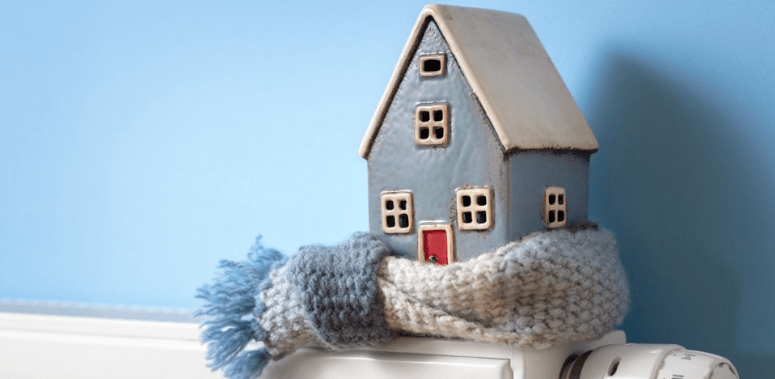
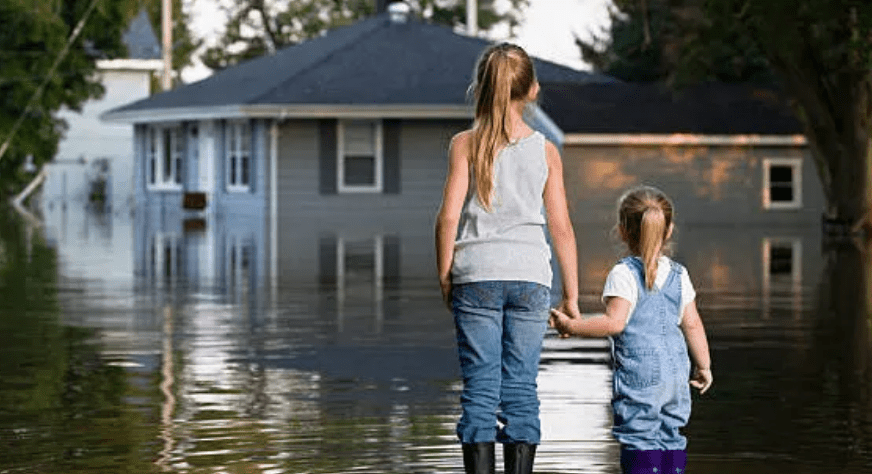
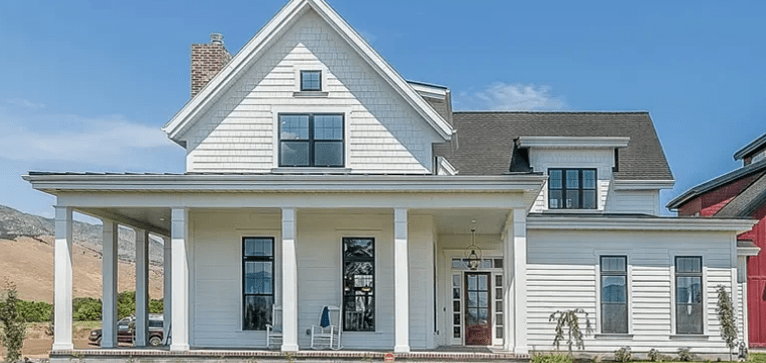
j1yhlt